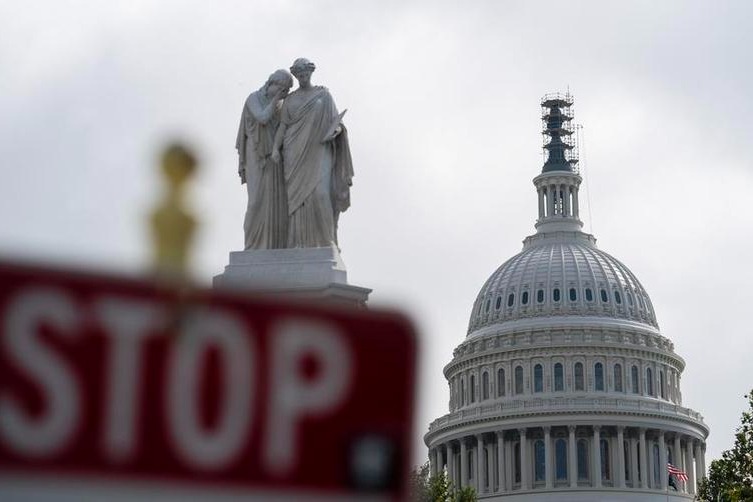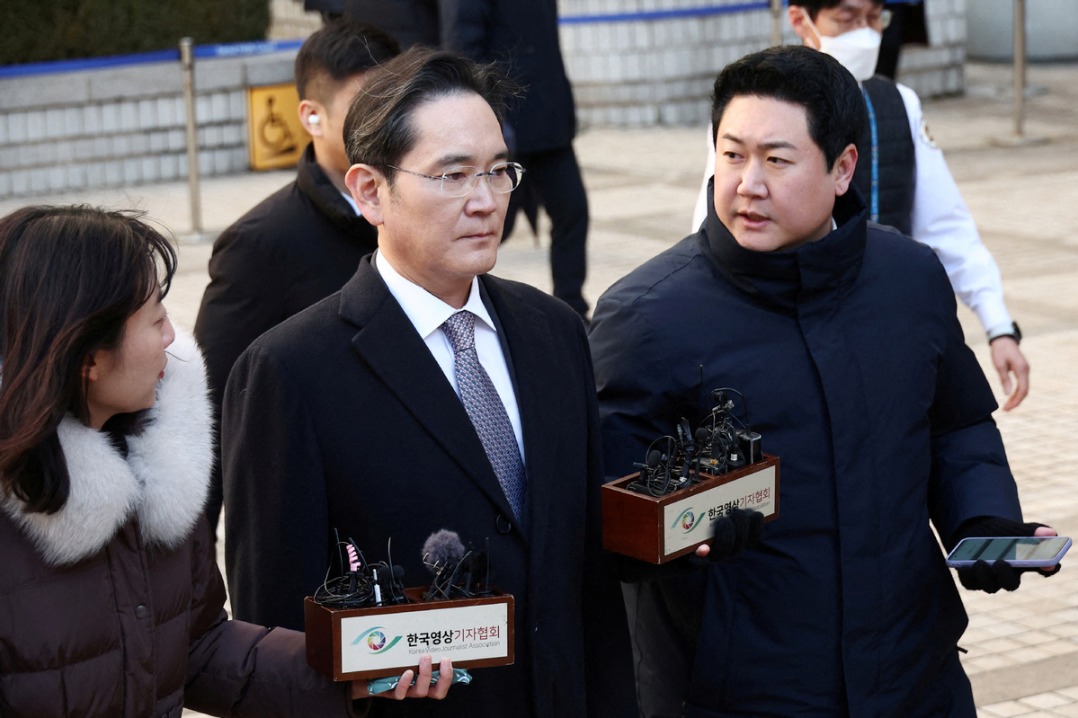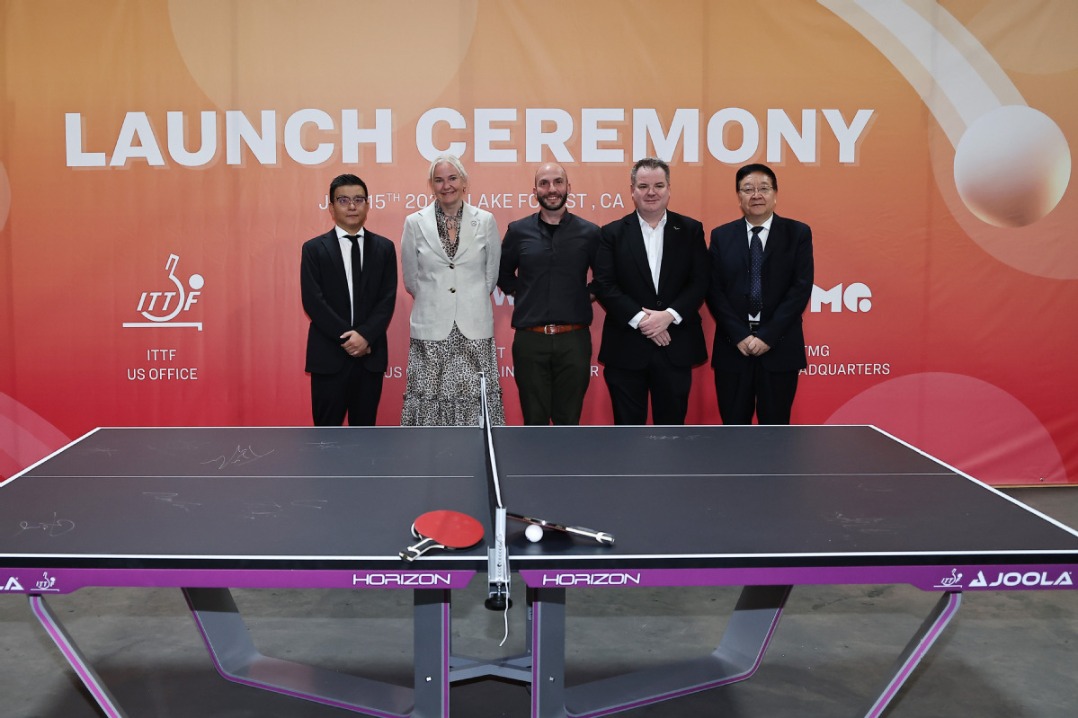Study: Healthcare efficiency in China offers lessons to world


A new global study has found that China has achieved a remarkable level of healthcare efficiency, offering an example for other countries seeking to improve health outcomes while controlling costs.
The study, conducted by the Institute for Health Metrics and Evaluation at the University of Washington and published on Tuesday in The Lancet Global Health, analyzed health system inefficiency data across 201 countries over 28 years, from 1995 to 2022. Researchers measured how effectively countries convert health spending into healthy life years, a key indicator of population health.
The findings showed China was the only country to reach zero inefficiency in 2022, meaning it maximized its healthcare spending to deliver the best possible health outcomes based on its level of investment.
"A zero-inefficiency score means that based on the data we see from around the world, that country is doing a great job of converting health spending into healthy life years," Amy Lastuka, lead author of the study and lead research scientist at the institute, said in an interview with China Daily. "In other words, among countries that spend a similar amount per person on health, no one is outperforming China in terms of healthy life expectancy."
Health spending inefficiency refers to the gap between a country's actual healthy life expectancy and the best outcome possible for its level of health investment. The best possible outcome is determined using data from around the world.
The study highlighted stark contrasts with countries such as the United States. Despite having the world's highest per capita healthcare spending, the US had an inefficiency gap of 6.2 healthy years in 2022. That means its population's healthy life expectancy was 6.2 years below the best possible outcome, even after accounting for high levels of behavioral and metabolic risks.
According to Lastuka, possible factors contributing to US inefficiency include high administrative costs, low insurance coverage rates, a focus on curative rather than preventative care, high prices and reliance on the private sector.
In contrast, China has maintained high healthcare efficiency for decades. "As far as changes over time, we saw that China had very efficient health spending going back to 1995, which is the first year we have data for," Lastuka said.
"If a country has peers that are spending around the same amount of money per person on healthcare and achieving better health outcomes, it is worth looking more carefully at what those countries are doing to see what lessons can be learned to maximize the effectiveness of healthcare dollars spent," she said.
The study emphasized that efficiency depends not just on how much countries spend but how they spend it.
Researchers examined factors associated with more efficient healthcare spending, such as high vaccination rates, widespread use of prenatal care, low government corruption and a larger share of health spending coming from public sources rather than private insurance or out-of-pocket payments.
Lastuka noted the correlation between higher efficiency and strong preventative care measures. "Within preventative care, we specifically looked at vaccination rates and rates of prenatal care usage. Scaling up these programs is a measure that governments may be able to implement fairly quickly, and it is also intuitive that preventative care leads to greater efficiency, because you're preventing outcomes that are worse from a health perspective and worse from a cost perspective," she said.
Lastuka said that improving healthcare efficiency benefits everyone, from governments to individuals.
"Someone would be paying less money for the same health outcome, whether that is private insurance companies, consumers paying out of pocket, the government, or some combination of those three. The cost savings would likely encourage people to use more healthcare, which would lead to better health for the population," she said.
"Better health improves quality of life and leads to higher economic growth as people in good health are more productive, so it affects the population in multiple ways," Lastuka added.
liazhu@chinadailyusa.com

































